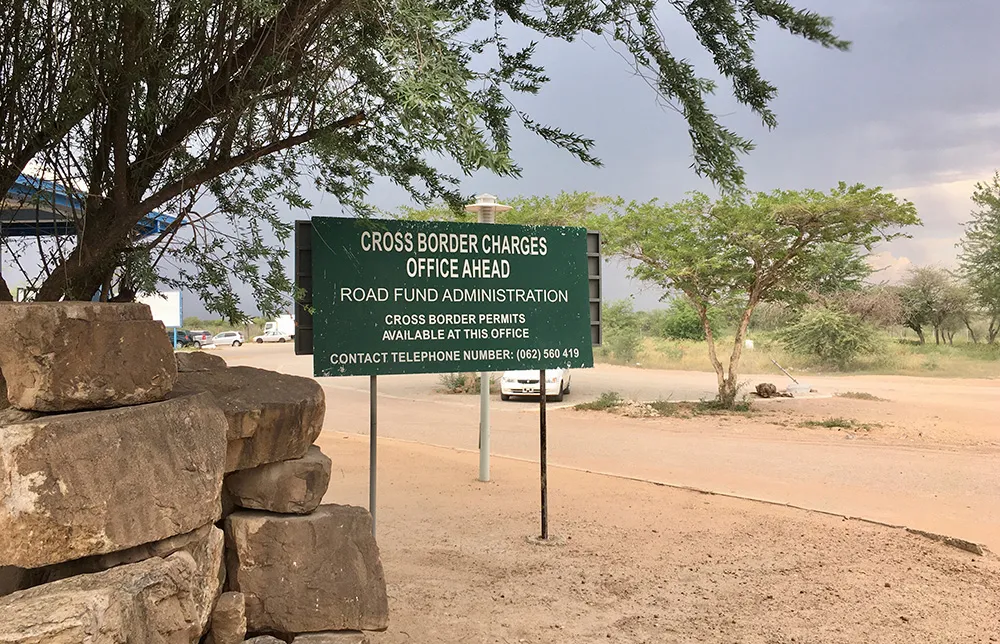A new co-funded European project will provide fast-charging facilities for electric vehicles along major routes across the EU. The Trans-European Transport Networks (TEN-T) project is named the European Long-distance Electric Clean Transport Road Infrastructure Corridor (ELECTRIC). The project will see the installation of a corridor of high-quality fast chargers along key European highways by the end of 2015. The project should boost electric vehicle uptake in the involved Member States and focus on interop
December 17, 2014
Read time: 2 mins
A new co-funded European project will provide fast-charging facilities for electric vehicles along major routes across the EU. The Trans-European Transport Networks (TEN-T) project is named the European Long-distance Electric Clean Transport Road Infrastructure Corridor (ELECTRIC). The project will see the installation of a corridor of high-quality fast chargers along key European highways by the end of 2015. The project should boost electric vehicle uptake in the involved Member States and focus on interoperability, sustainable infrastructure setup and network planning alongside infrastructure deployment.
The objective of the TEN-T programme is to co-fund investments in transport infrastructure in order to ameliorate the European Transport Networks. The total budget of this project amounts to about €8.4 million. The project will deliver an open access fast charging corridor situated along routes connecting Sweden, Denmark, Germany and the Netherlands via a total of 155 foreseen chargers, with up to 30 in the Netherlands, 23 in Denmark, 35 in Sweden and 67 in Germany. This project is composed of a consortium of five partners: the leading partner ABB (Netherlands), manufacturer of fast charge solutions, the Dutch e-mobility operator and retailer Fastned, the Danish e-mobility operator CLEVER, the Swedish public utility and e-mobility operator Öresundskraft and the German Testing and Certification Institute VDE Prüf-und Zertifizierungsinstitut.
The objective of the TEN-T programme is to co-fund investments in transport infrastructure in order to ameliorate the European Transport Networks. The total budget of this project amounts to about €8.4 million. The project will deliver an open access fast charging corridor situated along routes connecting Sweden, Denmark, Germany and the Netherlands via a total of 155 foreseen chargers, with up to 30 in the Netherlands, 23 in Denmark, 35 in Sweden and 67 in Germany. This project is composed of a consortium of five partners: the leading partner ABB (Netherlands), manufacturer of fast charge solutions, the Dutch e-mobility operator and retailer Fastned, the Danish e-mobility operator CLEVER, the Swedish public utility and e-mobility operator Öresundskraft and the German Testing and Certification Institute VDE Prüf-und Zertifizierungsinstitut.








